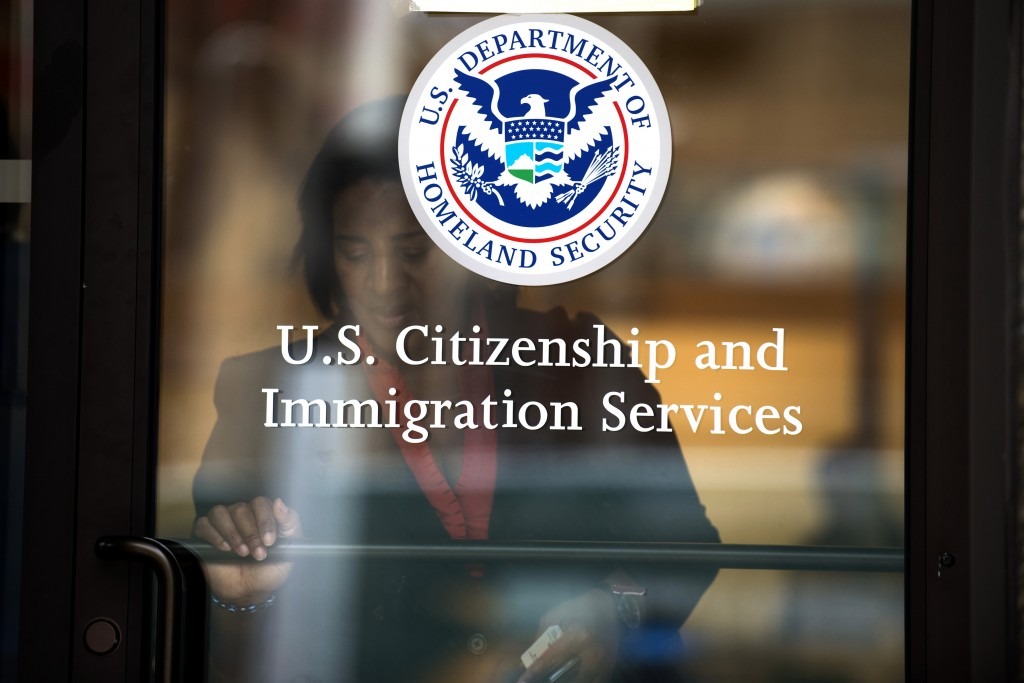Editor’s Summary: This essay delves into the contentious debate on whether illegal immigrants in the United States should be granted amnesty. It provides a balanced overview by examining the economic, social, and ethical arguments from both proponents and opponents of amnesty. Supporters highlight the economic contributions and fairness in granting legal status, while critics raise concerns about legal implications, labor market competition, and potential fiscal burdens. The discussion underscores the complexity of immigration policy, calling for careful consideration of both the benefits and challenges associated with amnesty.
The Amnesty Debate: Should Illegal Immigrants be Granted Legal Status?
Abstract
This article examines the ongoing debate surrounding the granting of amnesty to illegal or undocumented immigrants in the United States. By analyzing arguments from both proponents and opponents of amnesty, we explore the economic, social, and ethical implications of such a policy. The study aims to provide a balanced overview of this complex issue, highlighting the potential benefits and challenges associated with granting legal status to undocumented immigrants.

1. Introduction
Immigration policy, particularly concerning undocumented immigrants, remains a contentious issue in the United States. With an estimated 10-20 million illegal immigrants residing in the country (Bear Stearns, n.d.), the question of whether to grant amnesty has significant implications for the economy, social services, and national identity. This article presents arguments both for and against granting amnesty to illegal immigrants, examining the potential impacts on various aspects of American society.
2. Arguments in Favor of Amnesty
2.1 Economic Contributions
Proponents of amnesty argue that undocumented immigrants contribute significantly to the U.S. economy. They often fill low-wage, low-skill jobs that many American citizens are unwilling to take, supporting various industries (Dalmia, n.d.). Additionally, these workers contribute to state and federal tax revenues, with approximately two-thirds paying Medicare, Social Security, and personal income taxes.
2.2 Fairness and Access to Benefits
Despite contributing to tax revenue, undocumented immigrants have limited or no access to the benefits they help fund. Granting amnesty would align with principles of fairness, allowing these individuals to access the services they financially support.
2.3 Cost-Effectiveness
The Center for American Progress (2005) estimated that deporting approximately 10 million undocumented immigrants would cost $41.2 billion annually. Amnesty is proposed as a more cost-effective and humane alternative, allowing immigrants to continue contributing to the U.S. economy and society.
3. Arguments Against Amnesty
3.1 Legal and Demographic Concerns
Opponents argue that granting amnesty rewards illegal behavior and may encourage further unauthorized immigration. With the U.S. population growing rapidly (U.S. Census Bureau, 2009), there are concerns about the country’s ability to support additional immigrants.
3.2 Labor Market Competition
Critics contend that undocumented immigrants intensify job competition for low-skilled American workers, particularly affecting vulnerable groups such as high school dropouts (Davidson, n.d.). The current economic recession exacerbates these concerns as more citizens seek low-wage employment.
3.3 Fiscal Burden
Many undocumented immigrants come from low-income backgrounds and may require social services if granted amnesty. Robert Rector (n.d.) notes that less than half of the adult illegal immigrant population has completed high school education. This could potentially increase the burden on taxpayers to support welfare programs for this low-skilled workforce.
4. Discussion
The amnesty debate highlights the complex interplay between economic, social, and ethical considerations in immigration policy. While proponents emphasize the economic contributions and fairness aspects of granting legal status, opponents focus on legal, demographic, and fiscal challenges. Both perspectives acknowledge the significant impact of immigration on the U.S. labor market and social services system.
5. Conclusion
The question of whether to grant amnesty to illegal immigrants remains highly contentious, with valid arguments on both sides. Any policy decision must carefully weigh the potential benefits of integrating a significant workforce against the challenges of managing population growth and social service demands. Further research is needed to quantify the long-term economic and social impacts of various immigration policy options.
Work Cited
1.Bear Stearns. (n.d.). Estimate of Illegal Immigrants in the U.S. Retrieved from source
2.Dalmia, S. (n.d.). The Economic Impact of Illegal Immigration. Retrieved from source
3.Center for American Progress. (2005). The Cost of Deportation. Retrieved from source
4.U.S. Census Bureau. (2009). Population Estimates. Retrieved from source
5.Davidson, A. (n.d.). The Effect of Illegal Immigration on the Job Market. Retrieved from source
6.Rector, R. (n.d.). Education Levels of Illegal Immigrants. Retrieved from source